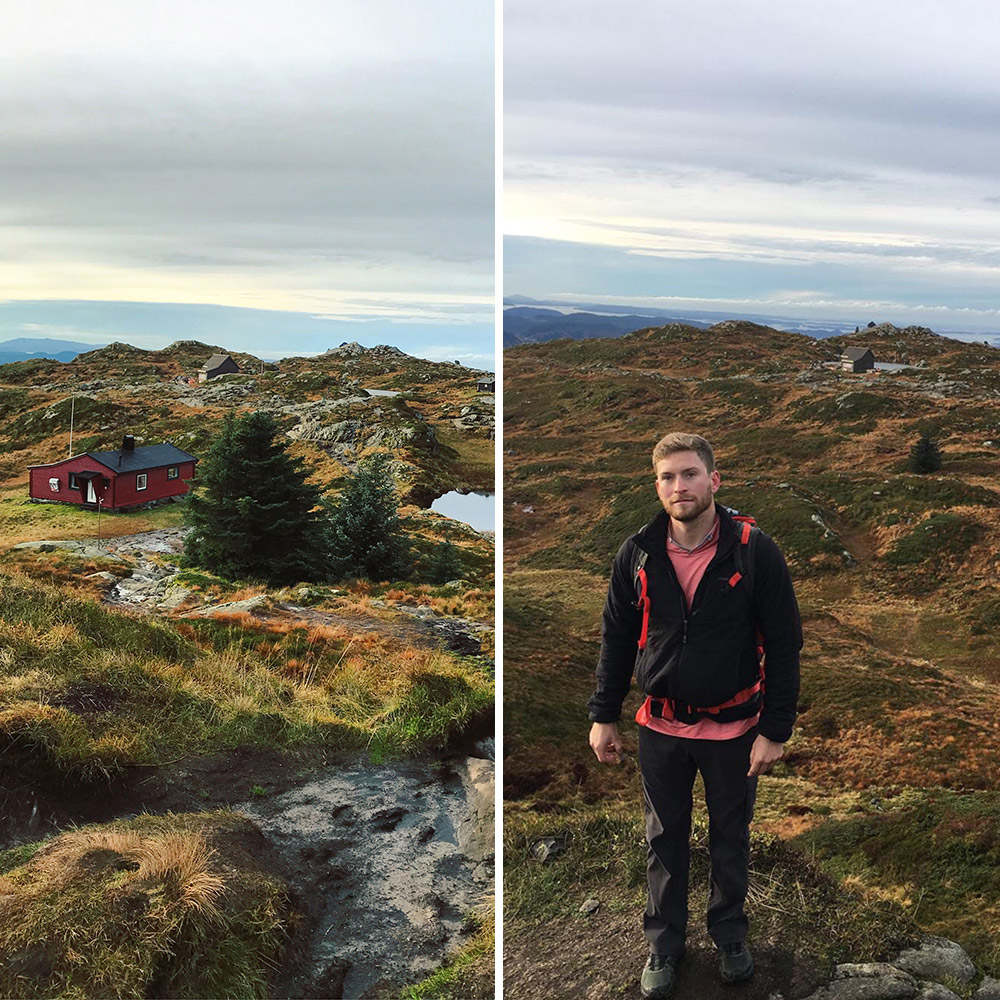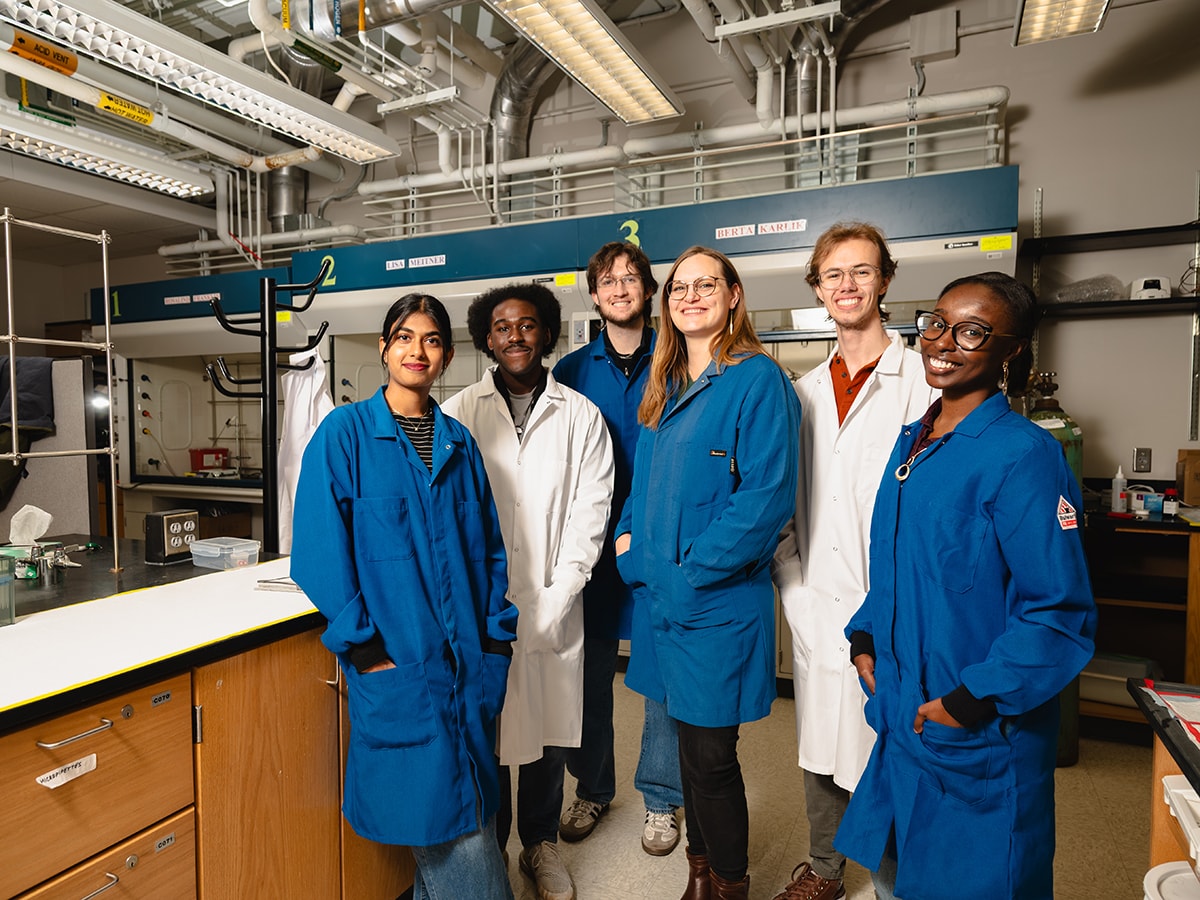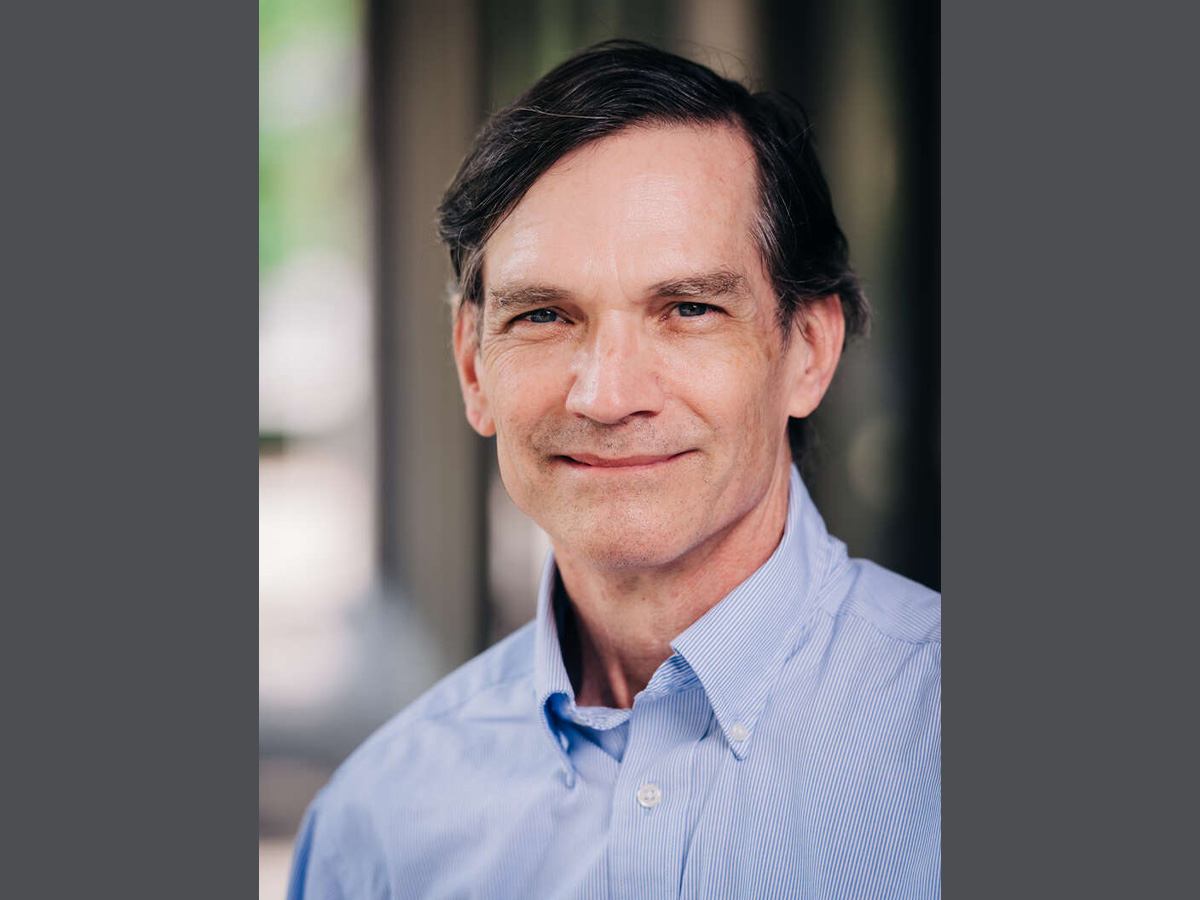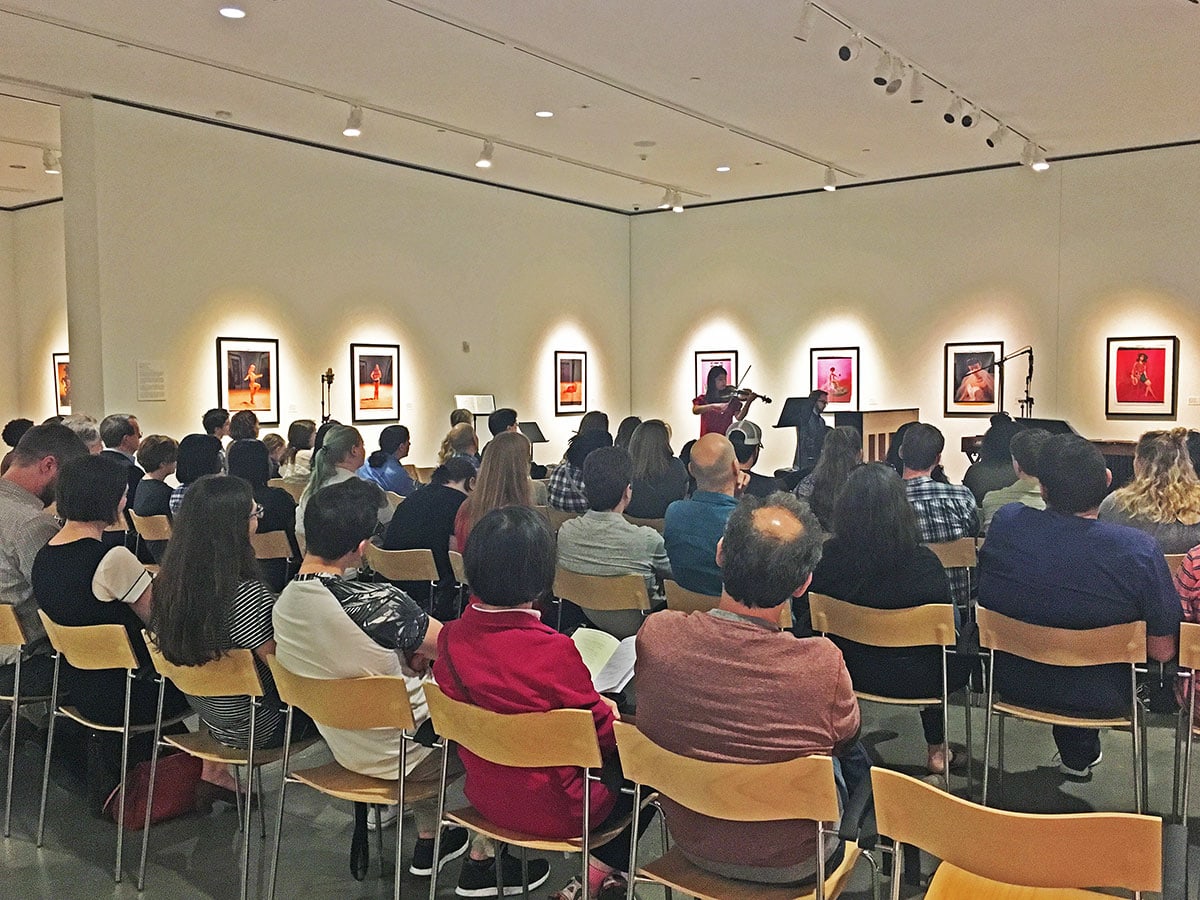Editor’s Note: For the 2018-2019 academic year, UAB had a record number of students and alumni selected for the prestigious Fulbright Student Program, the flagship international exchange program sponsored by the U.S. government. Four of the six award recipients are from the UAB College of Arts and Sciences, including Remy Meir. An Auburn, Alabama, native, Meir has been awarded the Fulbright Study/Research grant to conduct research at the University of Oslo in Oslo, Norway. Meir graduated from UAB Honors College in Spring 2018 with a bachelor's degree in neuroscience. Her research project will focus on stress as a potential risk factor for addiction.
We’re excited to feature monthly posts from Remy as she chronicles her Fulbright experience, which began in August 2018 at the University of Oslo.
By Remy Meir
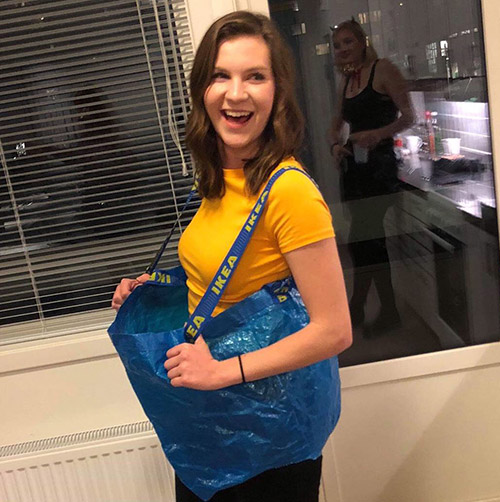 For Halloween this year, I dressed up as an IKEA shopping bag as everyone in Norway loves IKEA and uses the bags to complete daily tasks, like grocery shopping.Science and research fuel where society is headed-how we treat illnesses, how we advance with technology, how we are going to conserve or create resources. However, there tends to be a disconnect between the scientists trying to unlock this information and those who can use that information to implement change. Additionally, there exists an even bigger gap between scientists and the general public.
For Halloween this year, I dressed up as an IKEA shopping bag as everyone in Norway loves IKEA and uses the bags to complete daily tasks, like grocery shopping.Science and research fuel where society is headed-how we treat illnesses, how we advance with technology, how we are going to conserve or create resources. However, there tends to be a disconnect between the scientists trying to unlock this information and those who can use that information to implement change. Additionally, there exists an even bigger gap between scientists and the general public.
With field-specific jargon, complicated data, and no one willing to simplify their work, the public is often confused about what exactly is happening in the field of science. Most people aren't going to sit down and sift through Google Scholar articles to try to understand current cancer therapeutics or Alzheimer's medications. While news sources do address some of the exciting findings in science, I believe the scientists should be doing more to communicate their ideas to the public.
One thing I admire about my mentor, Dr. Siri Leknes, is her drive to make her research findings accessible to and understood by the public. Last week, I received an email from Dr. Leknes saying that I was needed to help film a segment for a show on NRK. NRK is the government-owned, public broadcasting company in Norway, which also happens to be the largest media organization in the country. One of the shows wanted to address the topic of loneliness. The segment's purpose was to incorporate a scientific experiment to demonstrate how loneliness and social stress can affect you. We decided that we could implement a modified version of our current experiment into their show to model the effects of social stress.
The project I am piloting utilizes the Trier Social Stress Test as a way to induce psychosocial stress in participants. The main tasks are to do a five-minute public speaking task followed by a five-minute arithmetic task all in front of two cold, unresponsive panel members. There are other factors at play to help generate a stressful situation, but if you are like most people, just the idea of speaking in front of strangers is enough to make your palms sweat.
Our modified version for the TV segment had the host, a woman in her twenties, come into a tiny room to give a five-minute talk about why she is a good friend while the panel members, a clinical psychology student and myself, sat quietly staring blankly at her. In order to see how the social stress situation affected her, we recorded her heart rate variability before, during, and after the social stress paradigm. From the minute she entered the room, you could sense her discomfort. She refused to make eye contact with us (which she later told me was because she was really intimidated by us) and kept looking to her camera crew for some sort of support.
After she made it through the task and they recorded all the measurements, we were able to officially meet her with smiles. It was interesting to discuss with her how she felt during the "experiment" as well as go over her results. Her heart rate variability showed that she was able to recover quickly during a stressful event. She was excited to hear this, and it was fun to see how for her this experiment shed light not only on her topic but also on her personal qualities. My Primary Investigator (PI) and the doctor who recorded her heart rate variability went on to talk on the show about social stress, loneliness, and their impacts on one's health. It was cool to see how they were able to adapt the concepts they are studying in the lab and present them for a general public audience. I think that sort of openness and interest in science should be pushed for in public programming and events.
There has been a large push to create more accessible and open-source science. This has been seen with the development of the programming language R and open-access journals. There is also a greater effort by news outlets to convert impactful studies into interesting articles. However, sometimes there is a lack of rigorously reported science in these cases. People presenting these scientific ideas to the public want to make them as interesting as possible; because of this, the articles can lose some of the scientific validity found in their original reporting. Therefore, I advocate for scientists themselves to get more involved in sharing their results with the general public. It can be frustrating to step out of the comfort of field-specific jargon, but I think it is important that society be able to relish in exciting discoveries alongside the discoverers.
Interested in accessible science? The article, "Accurate science or accessible science in the media – why not both?" published by The Conversation, addresses the topic and provides information about groups working to deliver scientific findings to the public.
Pictured below: Fellow UAB alumnus Adam Brookins and I went hiking in Bergen, Norway, when he came to visit me this fall.
